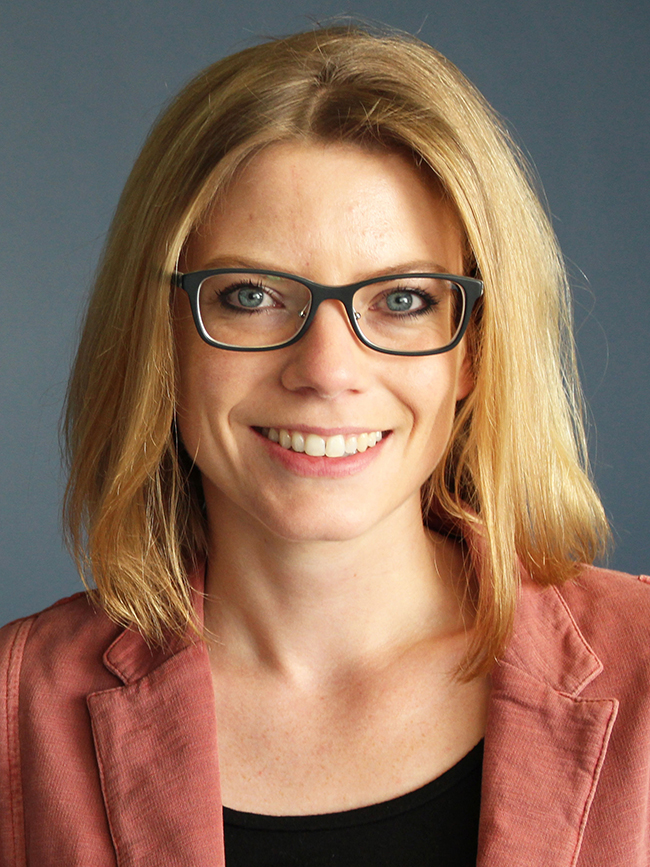MIPSE Seminar
A Cocktail of Active Ingredients – Benefits and Challenges for Plasma Medicine
This event is free and open to the publicAdd to Google Calendar

Abstract
Low-temperature plasmas in or in contact with air produce a variety of reactive oxygen and nitrogen species (RONS) – some being the same molecules that the human body generates for signaling or antimicrobial effects. Plasma treatment of eukaryotic cells can therefore cause similar effects as an innate immune system oxidative burst. Plasma exposure can mimic an immune response to tissue damage which could initiate a natural healing response. Utilizing plasma-generated RONS for plasma-aided wound healing or plasma oncology is a promising alternative to conventional treatments. Yet, the mechanisms of action and the delivery of RONS to the target are currently still under investigation. In this talk we will explore the cocktail of active ingredients produced by plasmas; the generation and transport of the reactive species O and OH from the gas phase through a liquid to a biological sample and investigate the role that the biological sample plays as part of the reaction pathway. Using the model biological sample cysteine, the results indicate that OH/H2O2-dominated chemistry is similar to that found in redox biology, whereas modifications caused by O-dominated chemistry differ significantly. Atomic oxygen is unknown in nature whereas OH and H2O2 are well known and produced by organisms. The cocktail of RONS and variety plasma sources make it difficult generalize the impact of plasma on cells. However, the tunability of plasma and the ability to tailor RONS to desired outcomes provides a promising tool for the healing of wounds and new strategies in cancer treatment.
About the Speaker
Katharina Stapelmann is an assistant professor of nuclear engineering at North Carolina State University. She received her Ph.D. in electrical engineering from Ruhr University Bochum, Germany, in 2013, where she continued as postdoc (2014) and assistant professor of electrical engineering (2015-2017) before she joined NC State in 2017. Stapelmann’s research interests lie in the experimental investigation of generation and transport of reactive species for life science applications, e.g., plasma medicine and plasma agriculture. The focus of her research program is on plasma device development, plasma diagnostics, and the interaction of plasmas with biological substrates and systems. Stapelmann is Mercator Fellow (DFG), speaker of the board of trustees of the German national center of plasma medicine and serves on the International Advisory Board of the Journal Plasma Processes and Polymers. In 2021 she was identified as “Emerging Leader” by the IOP Journal of Physics D: Applied Physics.
The seminar will be conducted in person and simulcast via Zoom; it is free and open to the public. Please check the MIPSE website for additional information and requirements for in-person and remote attendance: https://mipse.umich.edu/seminars_2122.php
 MENU
MENU 
